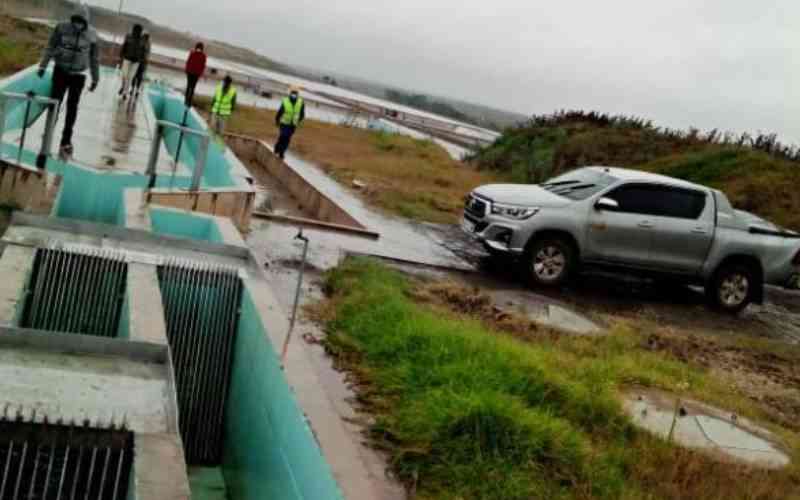×
The Standard e-Paper
Stay Informed, Even Offline

The motorcycle rocks, its threadbare tyres lick the mud as my guide for the day, Felix Maleton, chuckles.
You are lucky it is just muddy water. It is not stinking dirty water."







